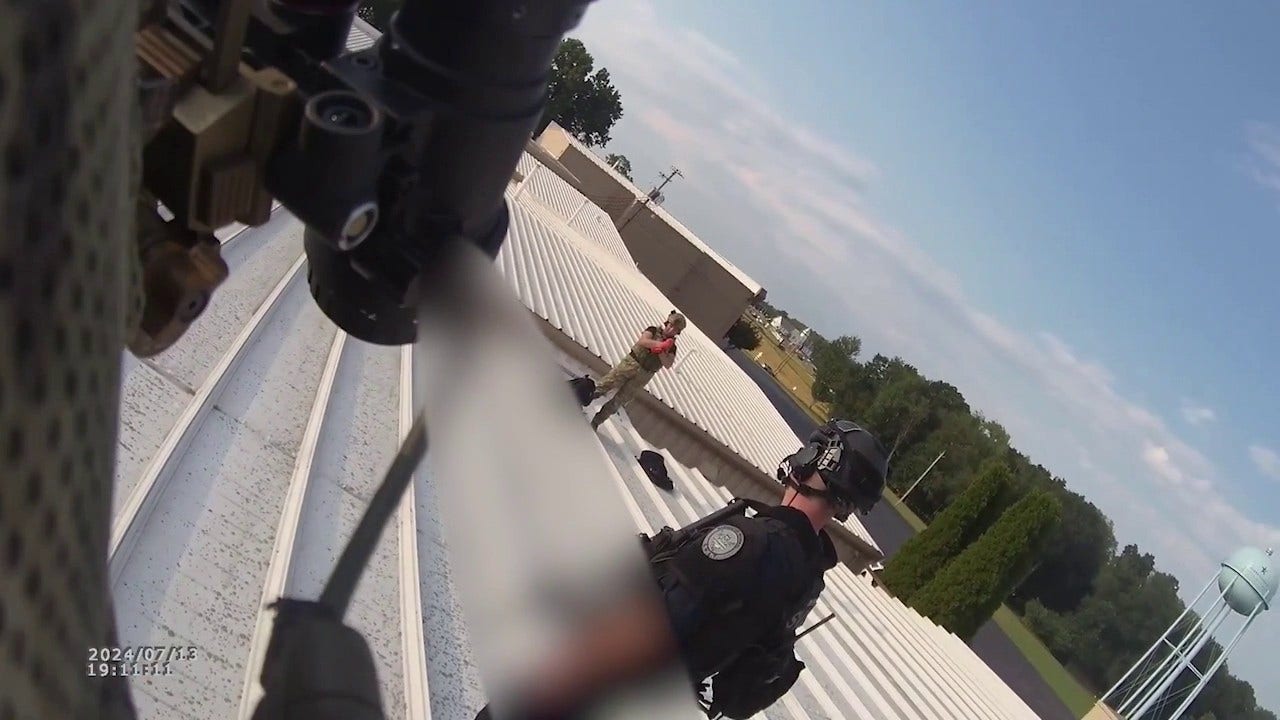The House on Wednesday passed legislation to reauthorize federal aviation programs and improve air travel at a time of intense passenger woes and dysfunction in the system, sending the bill to President Biden, who was expected to sign it into law.
The House approved the bill 387 to 26, days after the Senate passed it on a vote of 88 to 4.
The measure provides more than $105 billion to the Federal Aviation Administration and another $738 million to the National Transportation Safety Board for safety programs, airport modernization and infrastructure projects, technology upgrades and next-generation aviation systems. It also supports the hiring and training of air traffic controllers, codifies airlines’ refund obligations to passengers, restricts seating fees for families with children, strengthens protections for passengers with disabilities, bolsters aviation work force development programs and protects access to air travel at rural airports.
“For over a century, the United States has led the world in aviation safety and innovation, and this bill is critical to ensuring America remains the global leader in aviation,” Representative Sam Graves, Republican of Missouri and chairman of the Transportation Committee, said in a statement after the vote. “It’s vital to our economy, to millions of American jobs and to the millions of passengers that depend on our National Airspace System every single day.”
The final package, which lawmakers heralded as a timely and necessary investment in the nation’s aviation system and a win for consumers, was the product of months of negotiations between the House and Senate committees with jurisdiction over federal aviation programs. It was approved after Congress had repeatedly passed short-term extensions, blowing through several deadlines during a tumultuous period in the skies that included a spate of runway near collisions, plane malfunctions and flight disruptions.
Representative Rick Larsen of Washington, the top Democrat on the Transportation panel, said the legislation “will create a safer, cleaner, greener and more accessible aviation system here in the U.S.”
In a statement, he highlighted the measure’s safety and infrastructure improvements, the addition of well-paying aviation jobs, policies for putting forward new aviation technologies and “robust protections for airline customers.”
Among the consumer protections in the roughly 1,000-page bill is a provision codifying a new rule announced by the Transportation Department that requires airlines to “automatically” issue passengers full refunds when a flight is canceled, delayed or significantly changed. It also imposes a standard requiring that any travel credits airlines provide in lieu of refunds be viable for at least five years, and it seeks to ensure that families can sit together on flights without being charged additional fees.
The package also aims to address safety and work force challenges that have dogged the aviation system. It requires the F.A.A. to supercharge the hiring and training of air traffic controllers to help bolster a work force pushed to the brink. It directs the agency to increase the deployment of safety technologies to help stem runway near collisions. And it mandates cockpit voice recordings be preserved for 25 hours, up from two hours, to better support investigations into future safety incidents.
Lawmakers, led by Senator Tammy Duckworth, a former Army helicopter pilot who uses a wheelchair after an attack by Iraqi insurgents took her legs, inserted measures aimed at improving air travel for passengers with disabilities. The bill requires the F.A.A. to re-evaluate evacuation procedures on planes to account for passengers with disabilities and older fliers; mandates training for airport workers on handling wheelchairs; and strengthens enforcement mechanisms to ensure planes are accessible to people with disabilities.
“This F.A.A. reauthorization is a true bipartisan win for our entire economy as well as a landmark improvement for aviation safety that will benefit the flying public and consumers across this country,” Ms. Duckworth, an Illinois Democrat, said in a statement last week after the Senate passed the bill.
She called the legislation the “most significant effort by Congress in over a decade to make flying safer, easier and more accessible for passengers with disabilities.”
A number of policy disputes and regional battles slowed approval of the bill. Considered one of the last must-pass items in this Congress, the measure had become a magnet for dozens of other policy initiatives that threatened to muck up its path to passage. But those were dispensed with in the Senate last week.
The legislation prompted a bitter regional fight over a provision that will add five new long-distance round-trip flights out of Ronald Reagan Washington National Airport outside Washington, D.C., something that Delta Air Lines and members of Congress who rely heavily on the airport had long clamored for.
The four senators from Maryland and Virginia sought to strike that change, arguing that the airport maintains the nation’s busiest runway and could not support additional flights.
They were the only votes against the bill in the Senate, after Senator Ted Cruz of Texas, the top Republican on the Commerce Committee, blocked a vote on their proposal to give the transportation secretary final say on adding the new flights based on a safety and consumer experience evaluation.
The House, which passed its version of the bill last summer, had narrowly rejected a bipartisan proposal to add seven round-trip flights to Reagan National. On Wednesday, several Washington-area lawmakers voted against the bill in protest of the addition of the five round-trip flights.
“We should not accept a backroom deal between senators just to reflect special interests,” Representative Donald S. Beyer, Democrat of Virginia, said on the House floor before the vote. “It’s painful that this measure is still in the bill despite widespread bipartisan opposition. I cannot support a bill that hurts my constituents, disrespects all the elected leaders from Virginia, Maryland, and D.C. and directly harms our airport and the passengers who use it.”
The bill held the mandatory pilot retirement age at 65 after a clash over whether to raise it to 67. Proponents argued that doing so would ease a strained pilot work force. But opponents in both parties said it would not fill gaps in the work force, and would instead lead to a constellation of logistical, legal and safety concerns, as pilots older than 65 are generally barred from flying internationally.
After a fight over changing a rule that dictates the type and amount of flight time pilots must accrue to fly commercially, Congress also rejected attempts to count more hours of simulated flight time toward the 1,500-hour requirement and maintained the existing standards, which were imposed after a plane crashed near Buffalo in 2009, killing everyone aboard.






